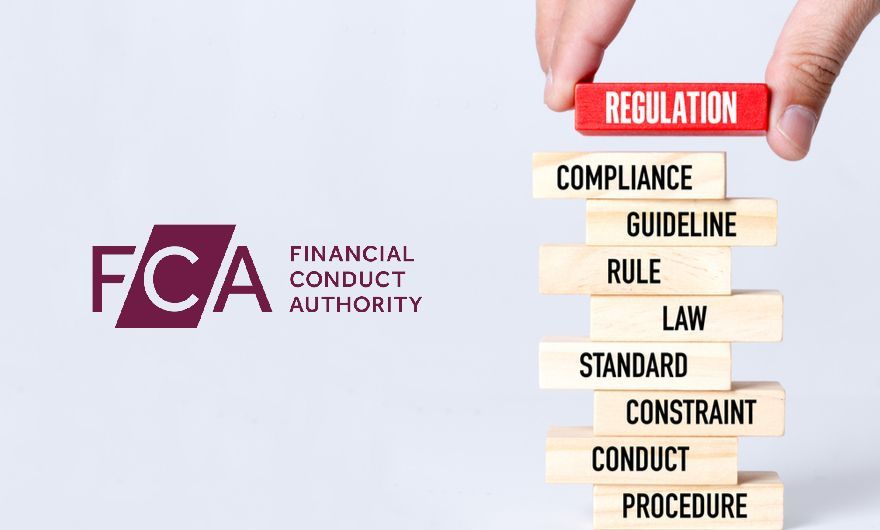By Ruth Idemudia
•
May 2, 2025
PCP vs. HP Claims: Key Differences in Mis-Selling and Compensation Did You Know Over 50% of Car Finance Agreements Could Be Mis-Sold? If you’ve ever taken out a PCP (Personal Contract Purchase) or HP (Hire Purchase) agreement, you might have been misled about hidden commissions, unfair terms, or excessive interest rates. Thousands of UK drivers are now reclaiming compensation—but the process differs significantly between PCP and HP claims. At Ingramtoft.co.uk , we specialise in helping consumers navigate car finance mis-selling claims. This guide breaks down the key differences between PCP and HP claims , including commission structures, evidence requirements, and typical compensation payouts. Keep reading to discover whether you’re owed thousands—and how to claim what’s rightfully yours. 1. Understanding PCP and HP Finance Agreements Before diving into mis-selling claims, it’s crucial to understand how these finance types work: What Is a PCP (Personal Contract Purchase)? You pay lower monthly instalments compared to HP. At the end of the term, you can: Return the car (with no extra costs, subject to fair wear and tear). Pay a balloon payment to own the vehicle. Trade it in for a new deal. The lender sets a Guaranteed Minimum Future Value (GMFV) , affecting your payments. What Is an HP (Hire Purchase) Agreement? You pay fixed monthly instalments until you fully own the car . No balloon payment—once the final instalment is paid, ownership transfers automatically. Typically higher monthly payments than PCP. Key Takeaway: PCP agreements often involve hidden commissions and inflated interest rates, while HP mis-selling usually relates to undisclosed fees or affordability issues . 2. How Mis-Selling Happens in PCP vs. HP Agreements Common PCP Mis-Selling Tactics ✅ Undisclosed Broker Commissions – Dealers earned secret kickbacks for inflating interest rates. ✅ Misleading GMFV Projections – Overestimating the car’s future value to lower monthly payments. ✅ Pressure Selling – Pushing PCP deals without explaining risks (e.g., excess mileage charges). Common HP Mis-Selling Tactics ✅ Hidden Fees & Charges – Unexpected admin costs or early repayment penalties. ✅ Affordability Failures – Lenders not checking if you could realistically afford repayments. ✅ False Promotions – Advertising "0% interest" deals that later included high APR. Did You Know? The Financial Conduct Authority (FCA) found that over 90% of car finance brokers received discretionary commission , leading to higher costs for consumers. 3. Key Differences in PCP vs. HP Claims Factor PCP Claims HP Claims Commission Structure Often hidden dealer kickbacks (higher interest rates) Typically lower, but may involve hidden fees Evidence Needed Loan agreement, GMFV details, commission disclosures Contract terms, affordability checks, fee breakdown Compensation Range £1,000–£5,000+ (due to inflated interest) £500–£3,000 (often for hidden charges) Claim Complexity Higher (proving commission influence is key) Lower (focus on affordability & transparency) Which Claim Is Right for You? PCP claims are stronger if you suspect undisclosed commissions or unfair interest rates. HP claims are better if you were misled about fees or given an unaffordable loan. Pro Tip: If you’re unsure, Ingramtoft.co.uk offers a free eligibility check to assess your case. 4. How to Claim Compensation for Mis-Sold Car Finance Step 1: Gather Key Documents Your finance agreement (PCP or HP contract). Any emails or letters from the lender/dealer. Proof of repayments and extra charges . Step 2: Check for Mis-Selling Red Flags Were commissions disclosed? Did the dealer pressure you into the agreement? Were the terms (mileage limits, fees) clearly explained? Step 3: Submit a Complaint Contact the lender first —they have 8 weeks to respond. If rejected, escalate to the Financial Ombudsman Service (FOS) . Success Story: "John recovered £4,200 after discovering his PCP deal included a hidden £1,500 broker commission." 5. FAQs: PCP & HP Mis-Selling Claims Q1: How much compensation can I get from a PCP claim? A: Typically £1,000–£5,000+ , depending on interest overpayments. Q2: Can I claim if my HP agreement was years ago? A: Yes! The FCA allows claims up to 6 years after the agreement ends . Q3: Do I need a solicitor to file a claim? A: Not necessarily— Ingramtoft.co.uk handles claims on a no-win, no-fee basis. 6. Conclusion: Take Action on Your Mis-Sold Car Finance If you’ve ever taken out PCP or HP finance , there’s a high chance you were mis-sold the agreement. The key differences lie in commission structures, evidence needed, and compensation amounts —but both can result in significant refunds . Ready to check if you’re owed money? ✅ Get a free, no-obligation assessment at Ingramtoft.co.uk today! ✅ Share your story below —have you faced unfair car finance deals? Don’t wait—claim what’s rightfully yours before deadlines apply!























